
Panama: Natural Refuge for Whales and Sea Turtles
- September 1, 2025
A Journey that Connects with Life
Witnessing a humpback whale breaching from the sea or a sea turtle covering its nest under the moonlight is more than tourism, it is a profound encounter with the exuberance of wildlife. Panama, a meeting point in so many ways, is one of the few places on the planet where both spectacles coincide on the calendar.
By the Editorial Team of Panorama de las Americas
Each year, between July and October, the waters of Panama transform into a natural sanctuary unlike any other in the world. It is the season when humpback whales leave behind the cold polar currents to travel more than 8,000 kilometers, reaching warmer and safer coasts, ideal for giving birth and caring for their calves. Almost in sync, the nesting season of sea turtles also begins. Between September and March, several species arrive on Panama’s shores to lay their eggs, continuing an ancient cycle.
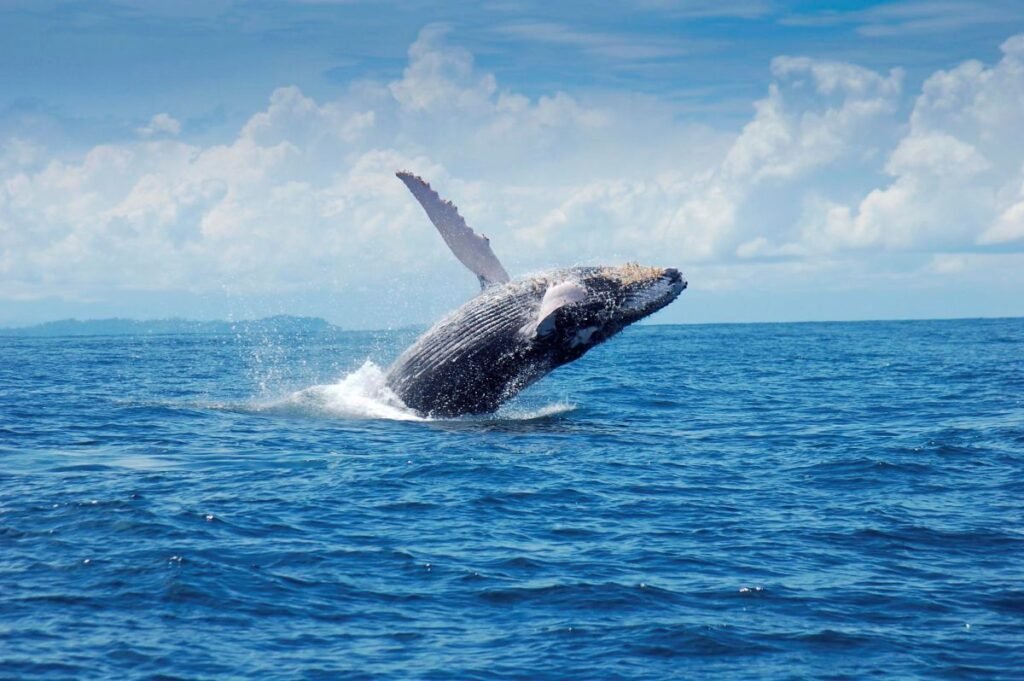
One of the most special places to witness this spectacle is the Pacific coast of Veraguas, where an astonishing 51% of the whales arrive with their calves, a figure far above the regional average. It is like visiting the favorite nursery of the humpbacks, where mothers spend their days nursing, teaching, and protecting their young during their first months of life.
How to Find Them
From the southern ports of Veraguas, it is possible to board a boat and sail between the Gulf of Montijo, Cébaco Island, and Gobernadora Island. The geography of this area, dotted with nearby islands, reduces the strength of the ocean currents, creating a calm and safe environment, perfect for the whales and for those who wish to observe them up close.
But that is not all. Nearby, on the Azuero Peninsula, communities in the district of Mariato await the arrival of other giants of the sea. Turtles from five species leave the depths to build their nests on the beach. The residents of Malena, guided by Mrs. Ana González, and the leaders of the Mar y Tierra Foundation in Mata Oscura, led by Jacinto Rodríguez, have organized to preserve the eggs in hatcheries, ensuring that the tiny hatchlings can emerge and reach the ocean. It is a unique opportunity to witness the miracle of life. According to Jacinto Rodríguez, between October and November there are turtle releases almost every day. After that, they begin to decrease, but it is still possible to find nests until March.
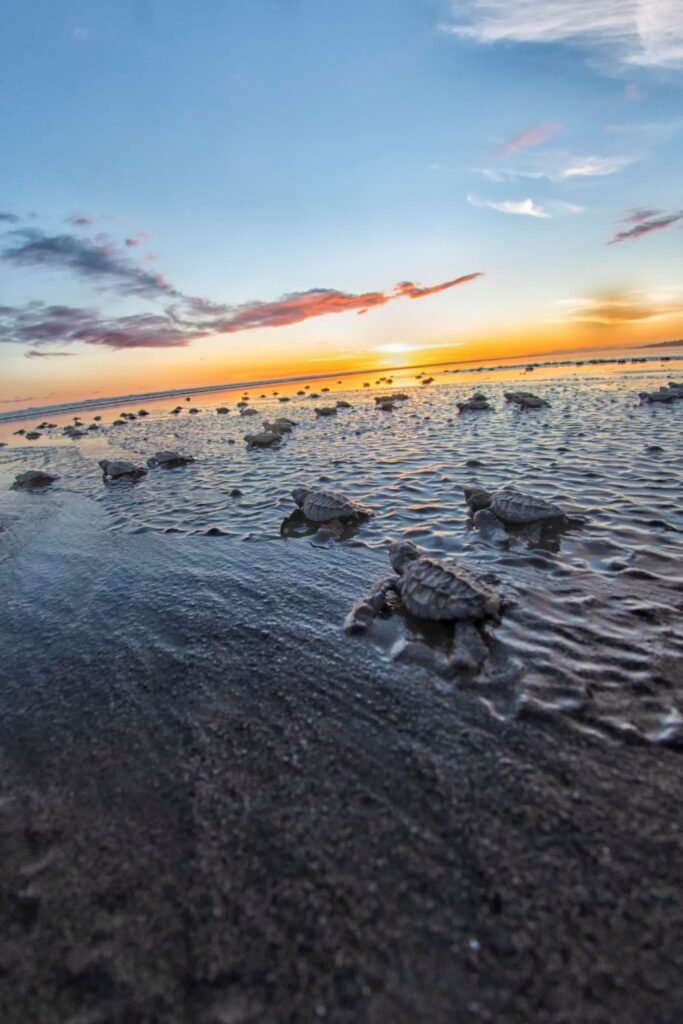
If you are visiting the country but do not have time to venture far from Panama City, all is not lost. From the Isla Flamenco pier in Amador, tourist boats depart to explore the Pearl Archipelago, where there are many chances of having close encounters with the giant jumpers.
Another possibility is Punta Chame, just an hour from the capital, where you can find the full combo: whales around Otoque Island and turtles on the peninsula’s wide beaches.
If you have time to travel farther and wish to witness the birth of baby turtles, you will find one of the most impressive settings on Cañas Island in the province of Los Santos. There, along its thirteen kilometers of beach, turtles arrive almost daily, but on certain nights impossible to predict, rare and spectacular arribadas take place, when hundreds of turtles emerge simultaneously to lay their eggs.
In the Gulf of Chiriquí, beaches such as Venao, Las Lajas, and La Barqueta have organized groups of environmentalists ready to receive the turtles and then move their eggs to hatcheries.
This is how, in this small tropical world, between calm waters and golden beaches, life follows its ancestral course, and you can be a witness to it.
To see whales
Pearl Archipelago, Chame, or Gulf of Chiriquí.
To See Turtles
Malena: Asociación Conservacionista de Playa Malena. Tel. +507 6865 8908.
Mata Oscura: Fundación Agua y Tierra. Tel. +507 6575 8956.
Las Lajas: Amigos de las Tortugas. Tel. +507 6304 3622.
La Barqueta: Fundación Rastros de Vida Tel. +507 6749 9927.
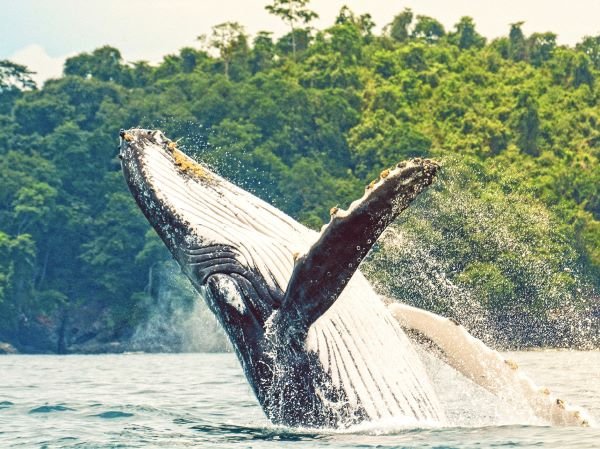
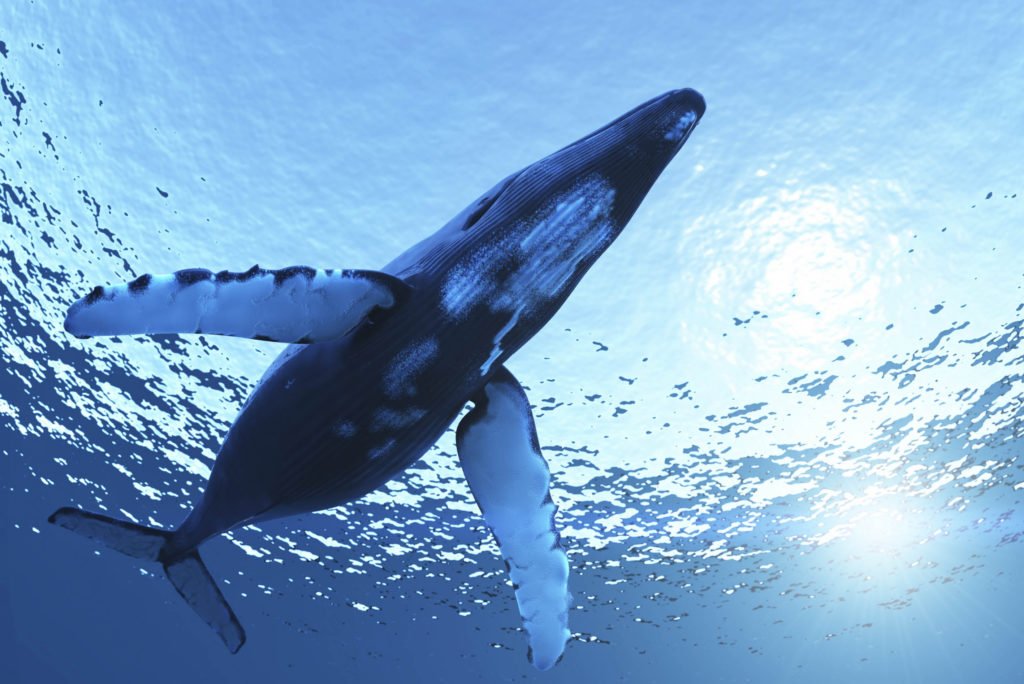

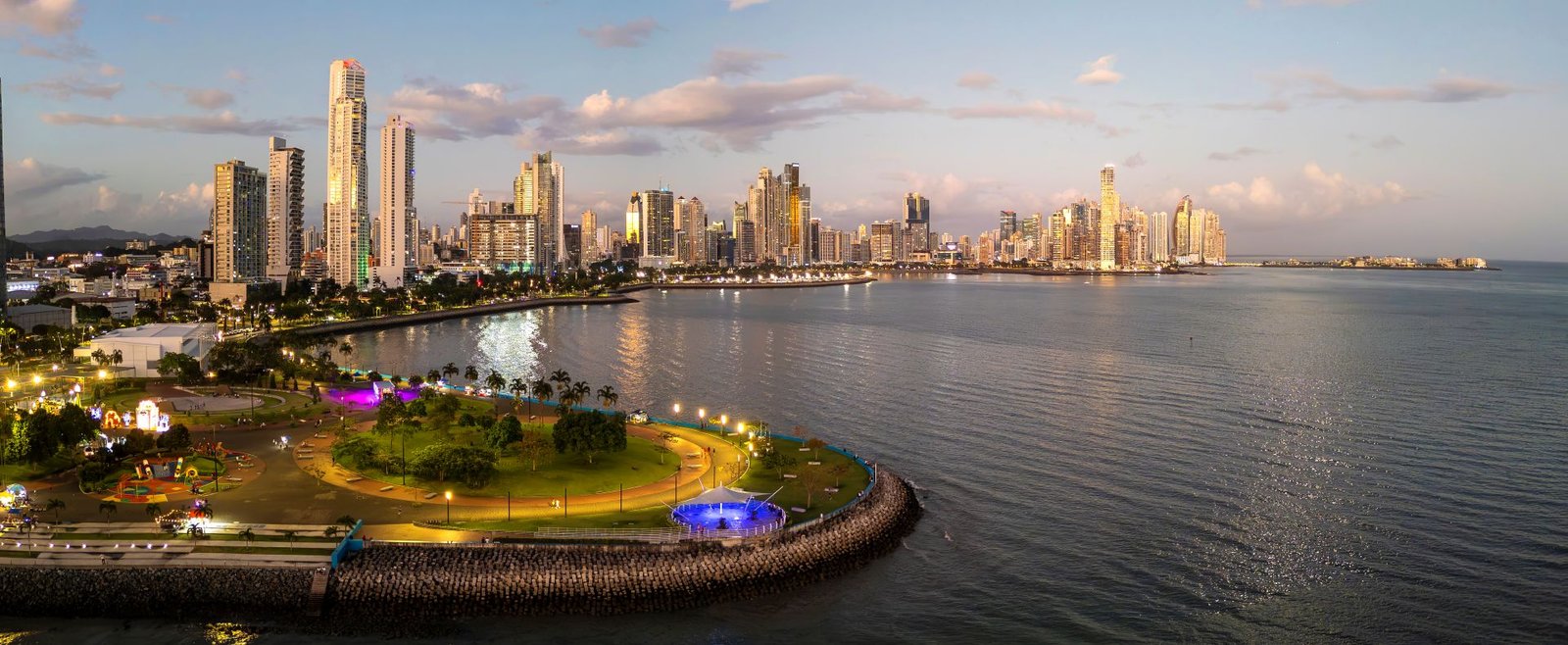


Leave a Reply